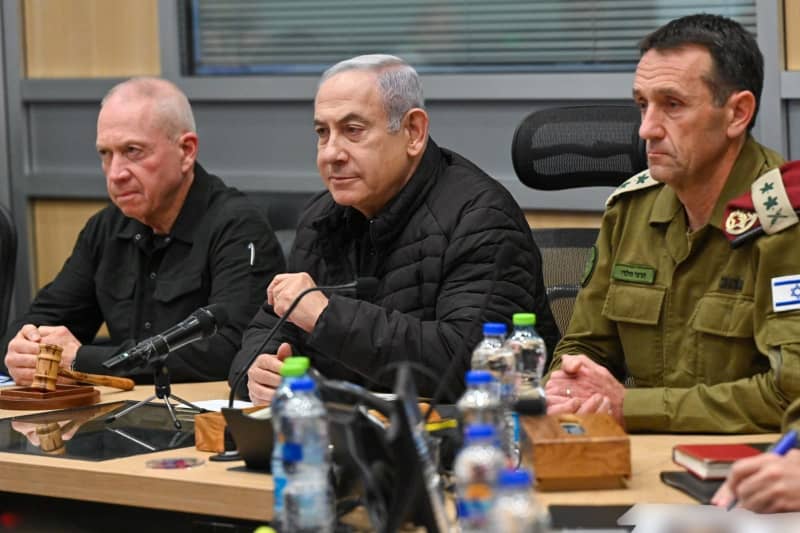On October 7, 2023, a tragic and pivotal event occurred in Israel, marking a profound failure in the nation’s mission to safeguard its citizens. Herzi Halevi, the Chief of General Staff of the Israeli Army, articulated this sentiment in a letter directed towards Israeli soldiers on the anniversary of the brutal attack. The day is remembered not only for the significant loss of life and the traumatic impact of the events but also as a critical moment for reflection and acknowledgment of inadequacies within the defense mechanisms of Israel. Halevi stressed the importance of this date, urging for a collective in-depth examination of the failures that allowed such a devastating assault to take place and a recommitment to ensuring the safety of citizens in the future.
On that fateful day, terrorists from Hamas and other extremist factions launched a coordinated attack that resulted in over 1,200 casualties and the abduction of approximately 250 individuals to Gaza. This shocking incursion led to an escalated conflict, sparking a new Gaza war that has had far-reaching humanitarian implications. As reported by the Hamas-controlled health authority, the ramifications of this conflict have resulted in the deaths of around 42,000 Palestinians, with the vast majority being civilians. These numbers highlight the tragic cost of this conflict, encapsulating the profound human suffering experienced by both sides amid the backdrop of escalating violence.
In the face of these challenges, Halevi emphasized that while the military wing of Hamas has faced significant setbacks, the struggle to dismantle the entirety of Hamas’s terrorist infrastructure would persist. This acknowledgment underscores the complexity of the conflict, illustrating that while tactical victories may have been achieved, the broader mission of ensuring lasting security for Israel continues to be fraught with challenges. The resilience and adaptability of extremist groups, coupled with the need for comprehensive strategies to counter ongoing threats, reveal the intricate landscape of modern warfare that Israel is navigating.
Furthermore, Halevi’s remarks extended to the situation with Hezbollah in Lebanon, where he asserted that the militia has incurred substantial losses in the ongoing engagements. His statement reflects an understanding that the regional hostile elements are interconnected and that the fight against terrorism is a holistic one, encompassing not only immediate threats but also long-term implications of these regional actors. Halevi’s determination was evident as he reaffirmed, “We will not stop,” highlighting a commitment to not merely achieving temporary victories but ensuring that enemy capabilities are systematically dismantled.
In his message, Halevi delineated a strategic approach moving forward. The focus is on preventing any potential recurrence of the atrocities witnessed on October 7, which necessitates an unwavering commitment to military readiness and the continuous enhancement of defensive and offensive capabilities. His directive to ensure that the capabilities of adversaries are not restored emphasizes the importance of sustained military operations in both the immediate and extended future. The recognition of failures serves not only as a somber remembrance but also as a foundation for a renewed and rigorous approach to national defense.
As Israel navigates through this tumultuous period, the reflections posed by Halevi encapsulate a moment of reckoning for the nation. Balancing acknowledgment of past shortcomings with a staunch commitment to improving future military efficacy underscores the gravity of the situation. The overarching message of learning from adversity, fortifying defenses, and remaining vigilant against persistent threats aims to galvanize both military personnel and the broader citizenry in the pursuit of lasting peace and security for the state of Israel.

